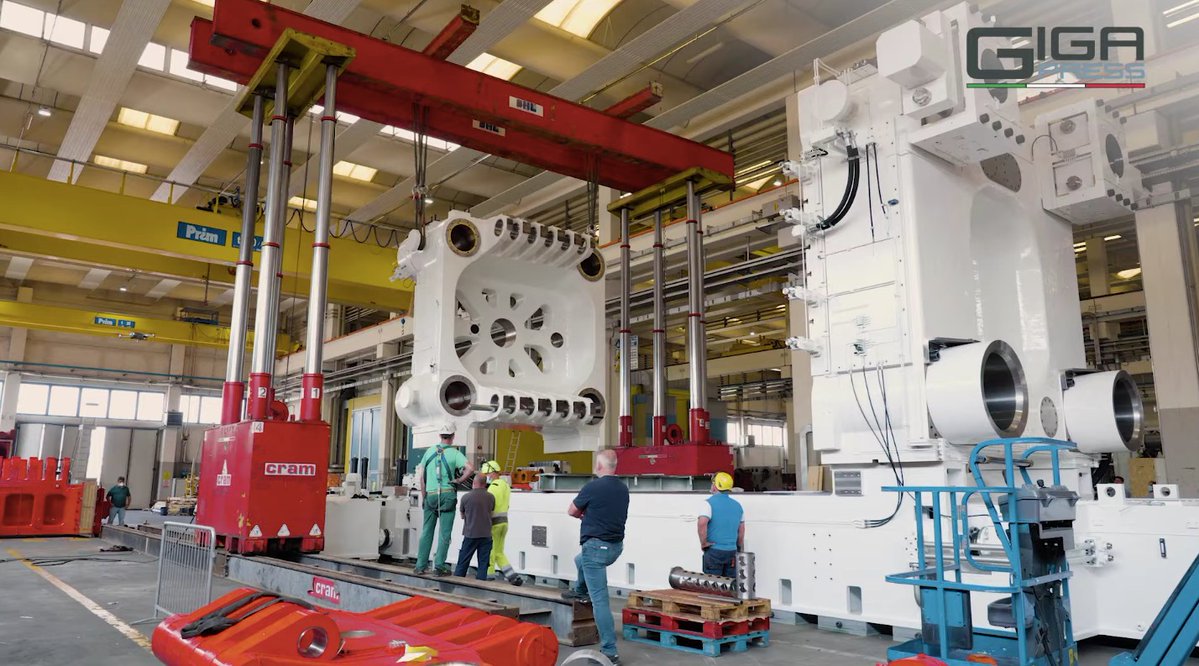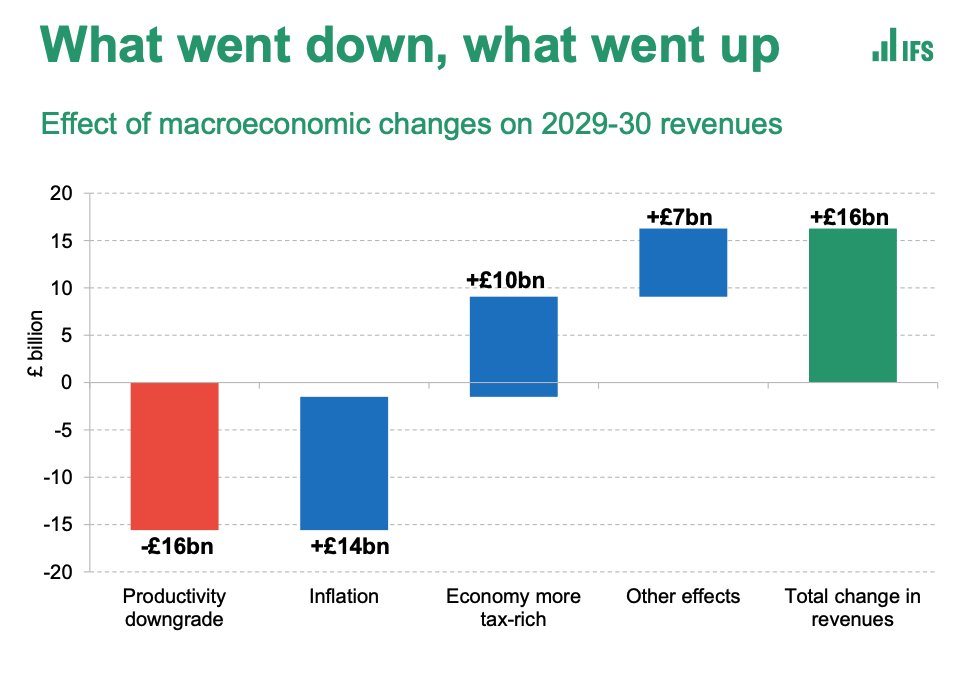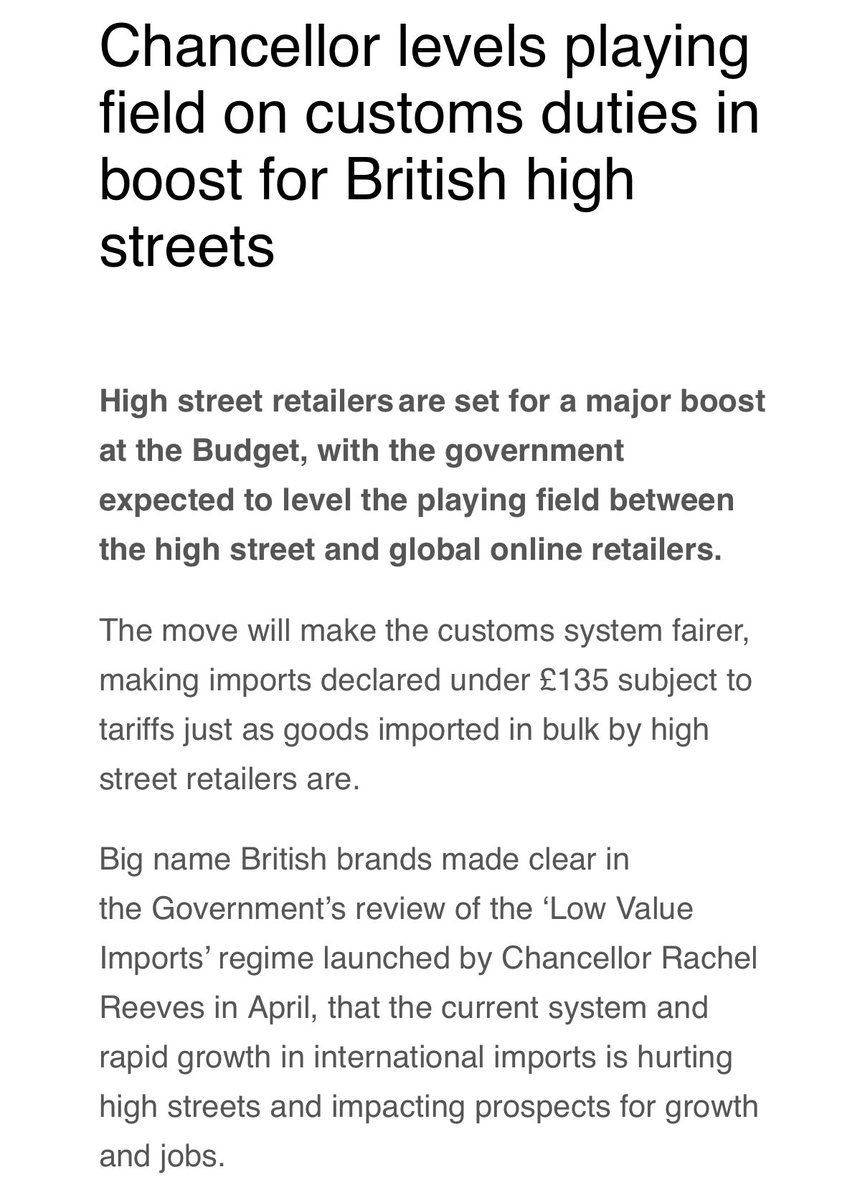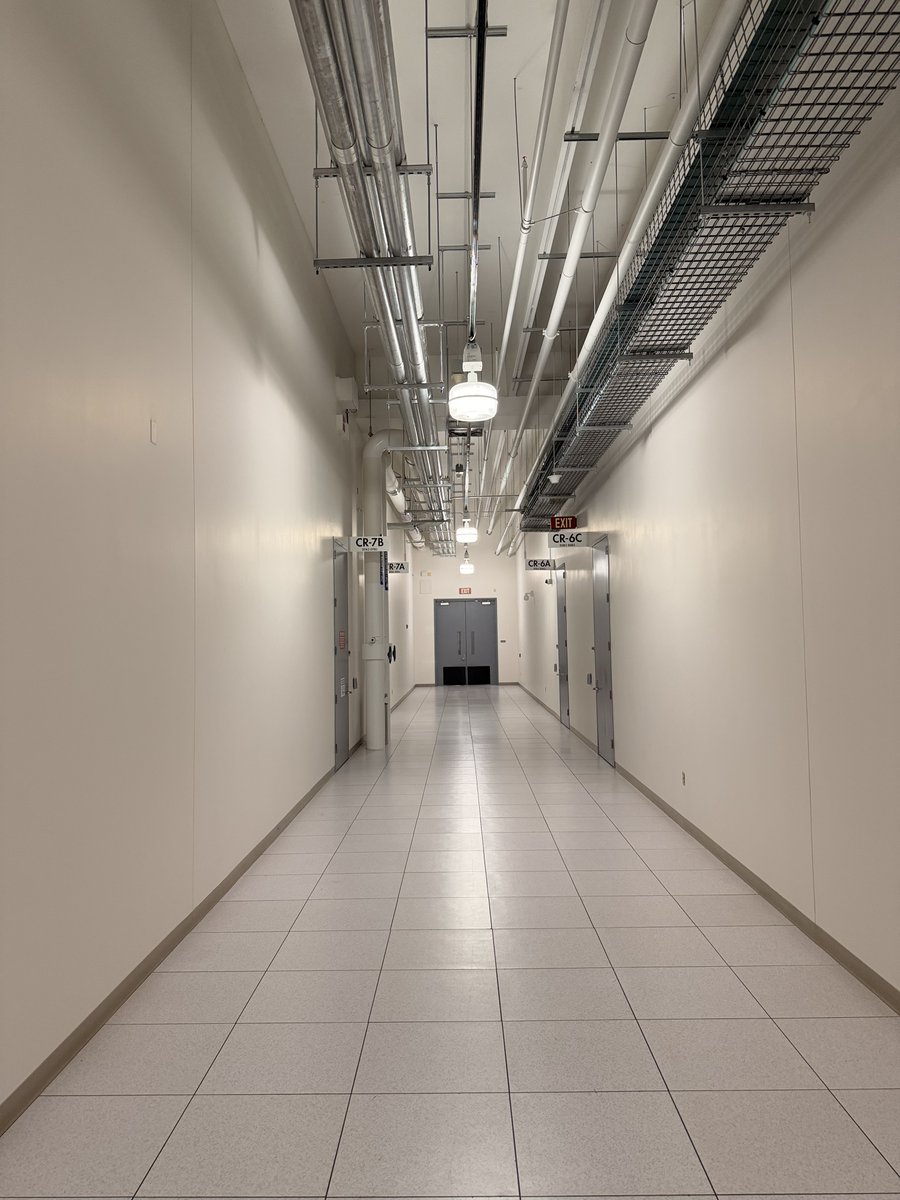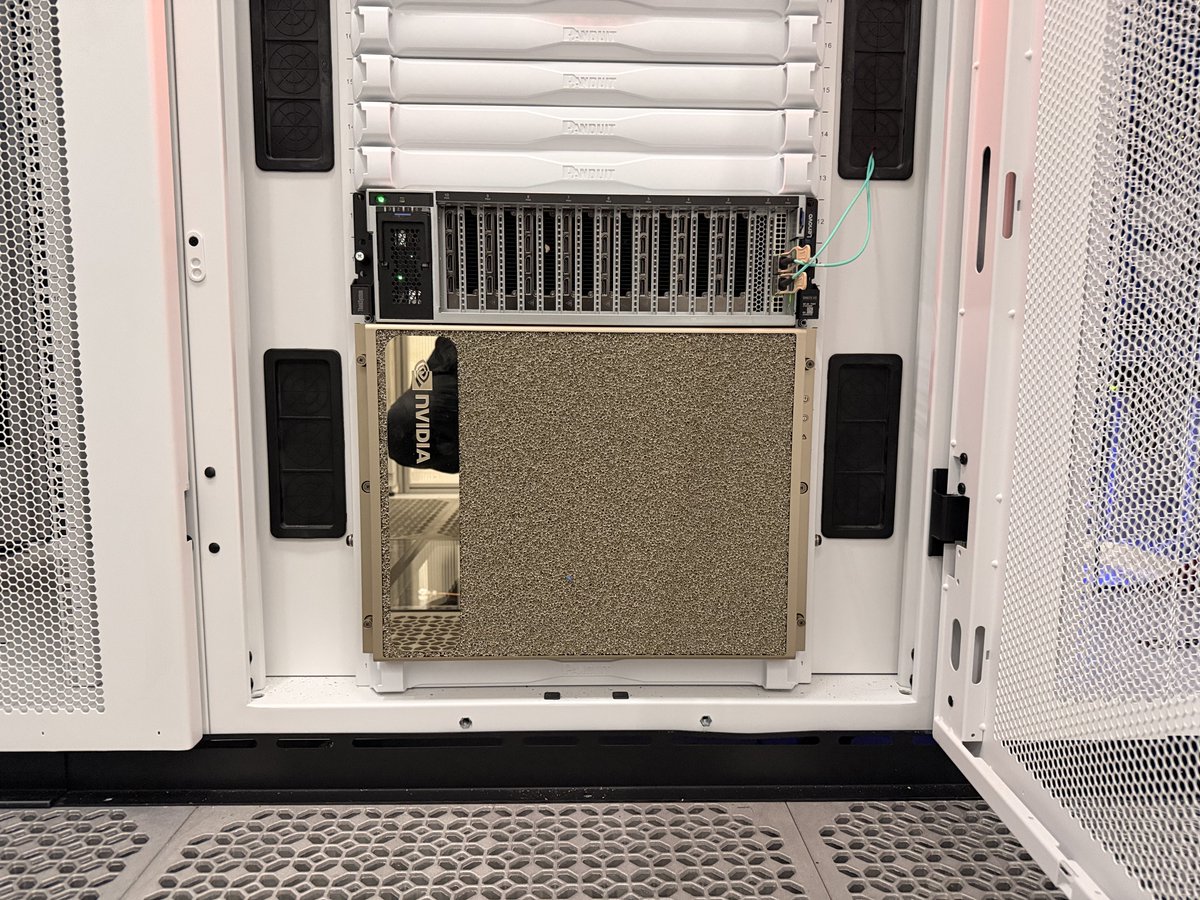Today on #CampaignCheck a look inside the Liberal Democrat manifesto. How would they manage to finance one of the biggest fiscal giveaways in modern history without borrowing a single penny? Short answer: a fair bit of financial jiggery-pokery libdems.org.uk/plan
Let's start with this. The LibDems have gratifyingly published their workings and this is the main table. In the left column is a lot of extra spending (14bn for universal childcare! 10bn on schools! 7.7bn on the NHS!). On the right is how they intend to pay for that spending... 

Here's same table in chart form. Top bar is revenues. Bottom bar is spending. Somehow the LibDems manage to fund ALL their extra spending through revenues. But here's the thing, only a little over half of that revenue is what you'd traditionally call revenues (dark blue bit)... 

That dark blue bit is tax revenue. 1p on income tax, some big changes to CGT, increase in corp tax, even duties from legalised cannabis. But that only gets you so far: about £37bn of the £64bn they say they're raising in total. Where does the rest come from...? Two part answer: 

1: the "remain bonus". It's a wee bit, well, odd to see this put in the revenue column alongside actual tax increases, because it's based on an economic forecast, and therefore is hardly assured. Still, it's not half as odd as the second thing in there - that green bit... 

2. That green bit is the 2019 spending round. Why's it in the REVENUES bar when it's spending? Because the LibDems effectively want to CANCEL the Tory spending round and replace it with their own plans. THAT'S how they get their balanced budget. 

That's fine & all but upshot is that a lot of the spending in that bottom bar is actually re-announced versions of what the Tories have announced - and begun to implement. Eg 20k more police, more NHS funding. LibDems will go further. But not quite as far as they'd have you think 

One in every five pounds the LibDems are today promising to spend is, in fact, OLD MONEY. Already promised. Some of it already spent. In effect they're just reannouncing it. This is 🤨, esp since LDs want to position themselves as the party of fiscal responsibility #CampaignCheck
I was a bit unfair last night abt the LibDem spending plans. They insist dept spending will NOT be lower than existing Tory plans in ANY dept. Only area they'll spend less is on Brexit prep. 1 in 5 pounds of what they're promising is nonetheless "recycled" from spending round
Final thing on LibDem manifesto. They're not really planning to hypothecate their taxes (eg NHS spending to be paid for specifically out of the penny on income tax). Those are ILLUSTRATIVE numbers. After all, hypothecation is almost always a bonkers idea and I think they get that
• • •
Missing some Tweet in this thread? You can try to
force a refresh



